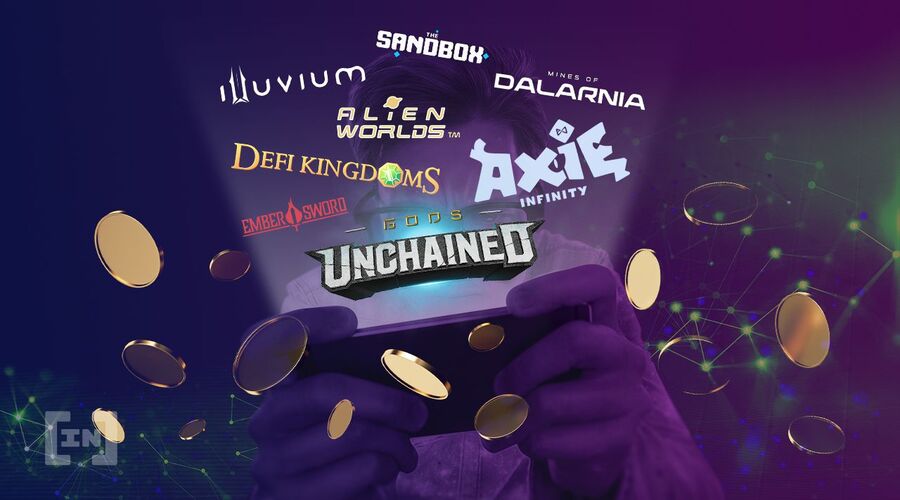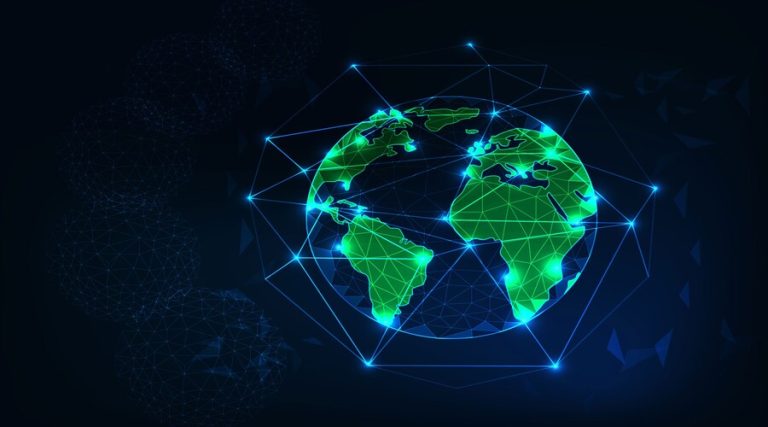
Introduction to NFTs: What are they and why are they important for blockchain games?
Introduction:
Non-fungible tokens (NFTs) are a relatively new concept in the blockchain world that have gained significant popularity in recent years. NFTs are unique digital assets that are stored on a blockchain and are used to represent ownership of a particular item or piece of content, such as artwork, music, video game items, and more.
In this article, we will discuss what NFTs are, how they work, and why they are important for blockchain games.
What are NFTs?
NFTs are a type of digital asset that are unique and cannot be replicated. Unlike traditional cryptocurrencies like Bitcoin and Ethereum, NFTs cannot be exchanged for an equal amount of another NFT or cryptocurrency. Each NFT has a unique identifier that distinguishes it from other tokens on the blockchain, which is what makes them non-fungible.
NFTs are created on a blockchain network, which is a decentralized ledger that records all transactions made using the NFT. The blockchain network provides transparency and security, ensuring that each NFT is verified and can only be owned by one person at a time.
How do NFTs work?
NFTs are created using smart contracts, which are self-executing contracts that are stored on the blockchain. Smart contracts allow for the automation of certain processes, such as the creation and transfer of NFTs.
To create an NFT, the creator must first create a digital asset, such as an image or a piece of music, and upload it to a blockchain network. They then create a smart contract that defines the rules and conditions for the NFT, such as who can own it, how it can be transferred, and how royalties are paid.
Once the smart contract is created, the NFT is minted and added to the blockchain network. From there, it can be bought, sold, or traded just like any other asset.
Why are NFTs important for blockchain games?
NFTs are becoming increasingly important for blockchain games because they allow players to own and trade unique in-game items and assets. This has the potential to create a new gaming economy where players can buy, sell, and trade in-game items for real-world money.
In traditional video games, players do not own the in-game items they acquire. Instead, the items are owned by the game developer and can only be used within the game. This limits the value of in-game items and makes it difficult for players to earn real money by selling them.
NFTs change this by allowing players to own their in-game items as digital assets. This means that players can sell their in-game items to other players for real-world money, creating a new economy that is not controlled by the game developer.
NFTs also provide a way for game developers to monetize their games by selling unique in-game items and assets as NFTs. This allows developers to generate revenue even after the game has been released, as players continue to buy and trade in-game items.
NFTs and game ownership:
One of the major benefits of NFTs for gamers is that they provide a way for players to own the virtual items they purchase or earn within a game. This means that players have a sense of ownership and control over their digital assets, which can increase their engagement and investment in the game.
This is particularly relevant for games that have a strong social or competitive component, such as online multiplayer games. In these games, players may spend significant amounts of time and money acquiring and customizing their in-game assets, such as character skins or weapons. NFTs provide a way for players to transfer these assets securely and transparently, while maintaining their ownership and value.
NFTs and game development:
NFTs also offer several benefits for game developers. By using NFTs, developers can create new revenue streams for their games beyond traditional game sales or in-game purchases. They can sell unique and valuable in-game items as NFTs, which can be traded among players on secondary markets. This can generate significant revenue for game developers, especially for popular and long-running games.
Additionally, NFTs can help increase player engagement and retention. When players own and invest in their in-game assets as NFTs, they are more likely to continue playing the game to maintain and grow their digital asset portfolio. This can help drive long-term engagement and revenue for the developer.
Challenges of NFTs in gaming:
While NFTs offer many benefits for gamers and game developers, there are also several challenges to consider. One of the biggest challenges is the potential for fraud or scams in the NFT market. Because NFTs can be traded on secondary markets, there is a risk that some players may be tricked into buying fake or low-quality NFTs.
Additionally, the use of NFTs in gaming can raise questions about the ownership and control of game assets. If players can own and trade in-game assets as NFTs, this could potentially undermine the control that game developers have over their games. It could also create legal and regulatory challenges around issues such as intellectual property rights and taxation.
Finally, the use of NFTs in gaming may not appeal to all players or game developers. Some players may not be interested in owning or trading in-game assets, and some developers may prefer to focus on traditional game sales and in-game purchases rather than NFTs.
Overall, NFTs offer many opportunities for innovation and revenue generation in the gaming industry. However, they also require careful consideration of the risks and challenges involved, as well as a clear understanding of the potential benefits for players and developers alike.
Conclusion:
In conclusion, NFTs are a unique type of digital asset that are becoming increasingly important for blockchain games. They allow players to own and trade in-game items and assets, creating a new gaming economy that is not controlled by the game developer. NFTs also provide a way for game developers to monetize their games by selling unique in-game items and assets as NFTs.
Victoria spent the last year and a half I have been working for coinjet.info, a cryptocurrency news site, covering all breaking news content.


